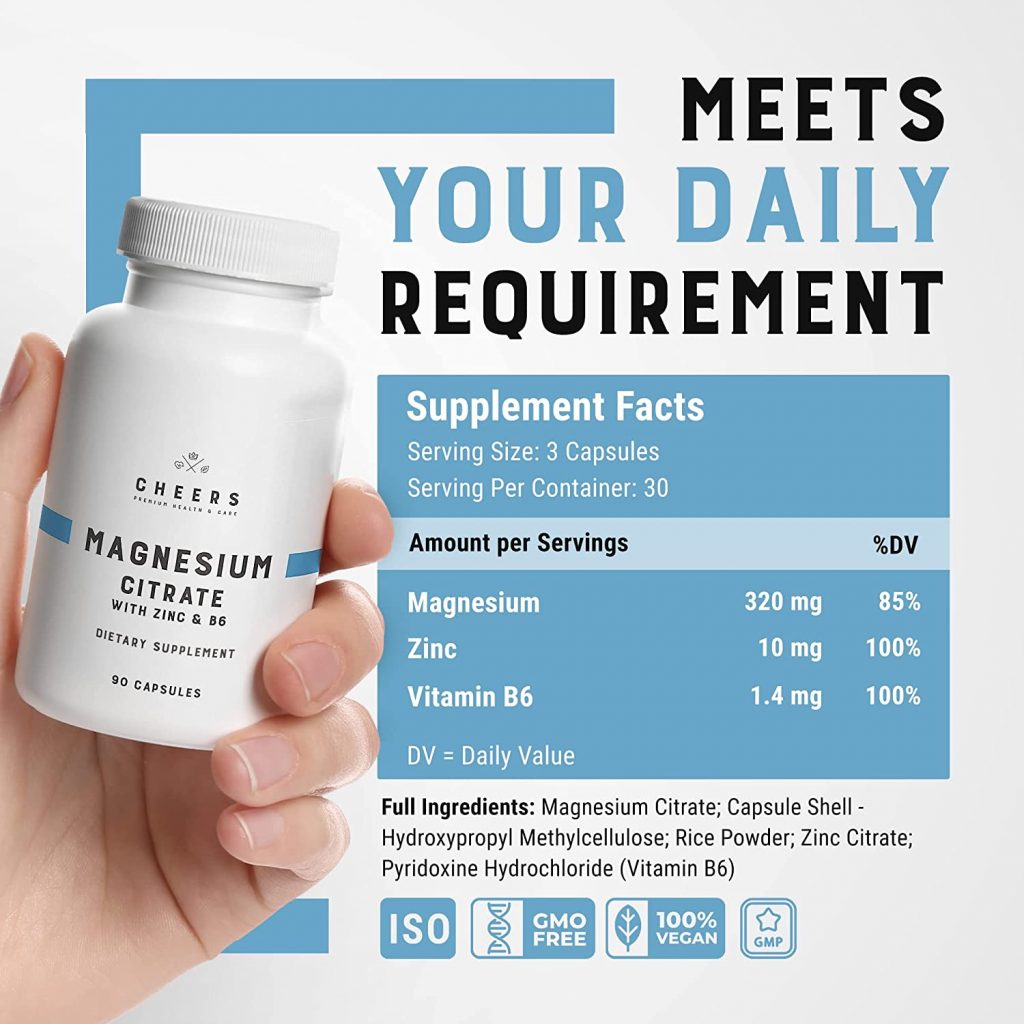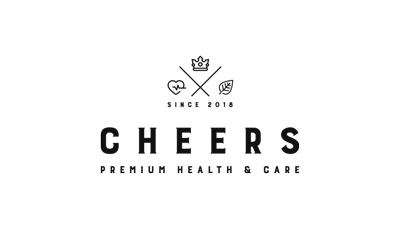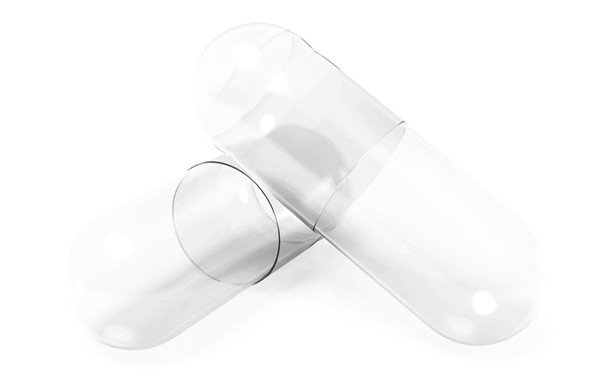
It is especially important when it comes to the nutrients that are present in the diet in insufficient amounts, which means there are frequent deficiencies of them. We’re talking about zinc, for example. What diet supplement containing zinc will be the easiest to absorb?
What does the zinc absorption rate depend on?
[ZMB6 RIGHT]Zinc is a trace element, the deficiency of which is observed in 30% of people. It arises from insufficient availability of zinc in the diet, as well as numerous factors that lower its absorption rate. The richest sources of zinc in the diet are animal-based products – meat, fish, liver, seafood. Zinc from this kind of diet sources is absorbed pretty well – in about few dozen %. Another group of products that contain zinc are plant-based products, especially nuts, seeds and kernels, legumes and whole grains. We consume much more of these products than meats or seafood – and yet we get minuscule amounts of zinc from these sources. How can it be?
The problem lies in the limited absorption rate of zinc from grains or legumes. They contain phytic acid that combines many minerals, including zinc, magnesium or iron, and creates fixed compounds with them. They are not digested and absorbed from the digestive tract, and only expelled from the body. Which is why deficiencies of these elements are so common. In order to minimize the influence of phytic acid on the absorption of zinc, one can soak legume seeds for few hours before cooking, or pick sourdough bread. But that’s still not enough.
The absorption of zinc is negatively impacted by commonly used medications:
– orally-administrated hormonal contraception
– corticosteroids
– antibiotics
– supplements with copper and calcium
Supplements containing zinc – which will be the best?
Zinc supplementation is mostly recommended to everyone who has observed symptoms of zinc deficiency in themselves: lowered immunity, falling hair and skin inflammations, lack of appetite and weight loss, halted growth in children. But that’s not all – get zinc if you’re taking the aforementioned medications that limit its availability from the diet. Preparations containing zinc can obviously be used by anyone who wishes to take comprehensive care of their health. But what kind of zinc to choose?
The zinc preparation should contain the organic form of the element – that kind of zinc is the easiest to absorb. Which means you should look for such compounds in the supplement’s composition as zinc citrate. The harder to absorb forms of the element are zinc oxide or zinc sulphate, and the worst bioavailability is in zinc gluconate or zinc acetate.
The absorption rate of zinc is also largely impacted by the rest of the supplement’s composition. We’re talking about such added active substances as magnesium, which have a beneficial influence on absorption of zinc from the digestive tract. On top of that, magnesium has complimentary properties in relation to zinc, being great at supporting the immune system, brain, heart or muscles. What is undesirable, though, is synthetic additions, such as preservatives, colourings or aromas.
It is also a good idea to check out the preparation’s dosage – the recommended amount of zinc in a diet supplement should cover the daily requirement for this element, which is about 10 mg. Such dose will successfully replenish the amount of zinc taken with the diet, while also being safe enough not to lead to zinc overdose.







One Response
Visitor Rating: 5 Stars